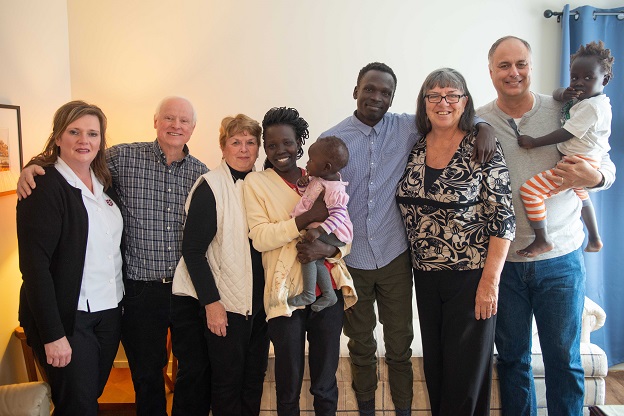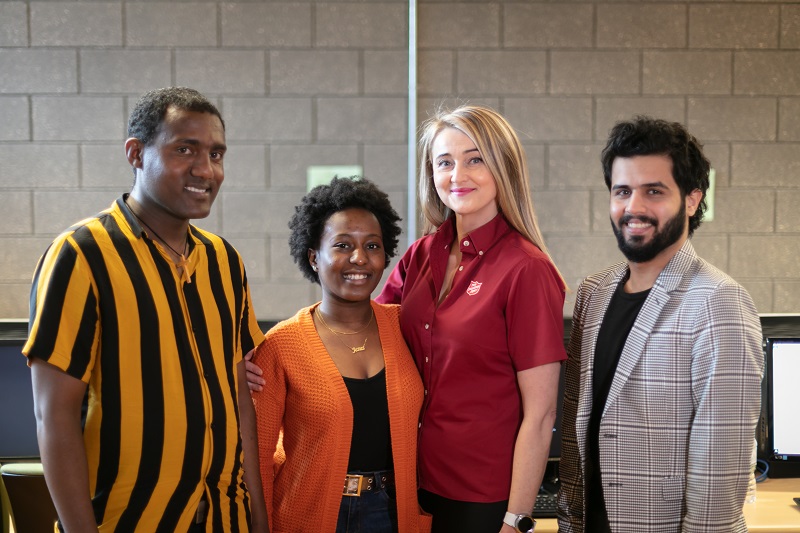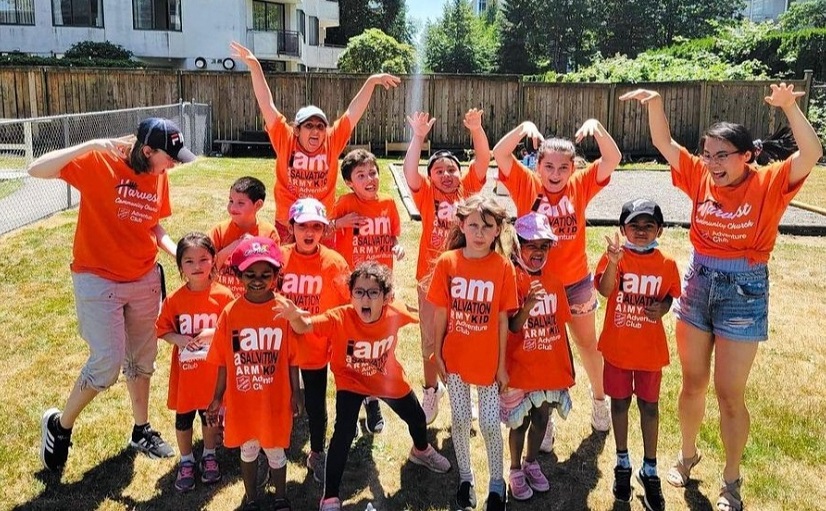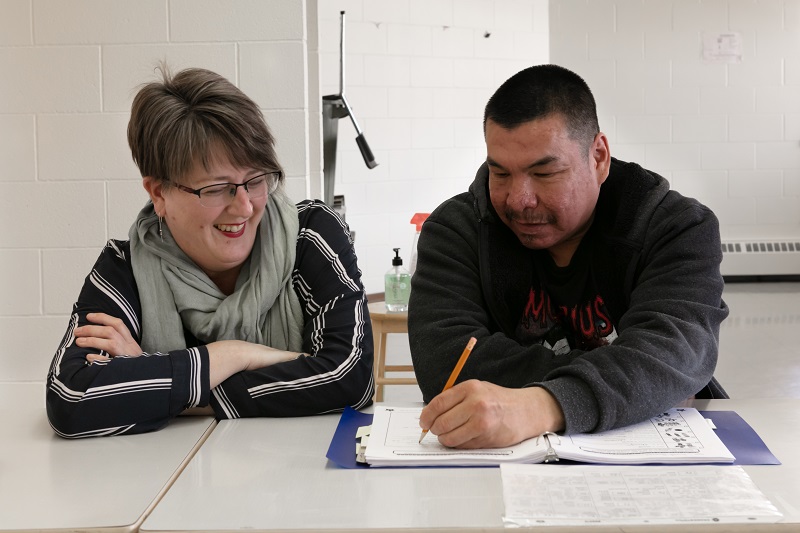New Year Brings New Life for Refugee Family

In 2018, Both and his young family lived in rapidly deteriorating conditions in a refugee camp in Ethiopia. They were convinced they wouldn’t live another year. This year, and thanks to The Salvation Army (working with government resettlement efforts) in Ottawa. Both’s prayers for a better future are a reality. But his past is not so easy to put aside.
Journey of Fear
In December 2013, Both fled South Sudan, a country ruled by war and fear. Living in Juba, the capital city, Both ran for his life when the military began shooting and eliminating members of his tribe. When asked if he was Nuer (which he was), one of South Sudan’s two largest ethnic groups, Both answered in Dinka language and wasn’t shot. He was also targeted for telling the media that people were being killed.
“In my country I was a human rights activist and a journalist,” says Both. “The government wasn’t happy with me holding people responsible for war and exposing corruption. They wanted to kill and silence me. Never to be heard from again.”
Both first fled to Uganda, then moved to Kenya where he met Tina and where Gakah, their son was born. But in Kenya, they were afraid for their lives and couldn’t live in a refugee camp because they were too vulnerable.
“Kenya was dangerous,” says Both. “They couldn’t cope with the number of refugees coming into the country and my government was all through Kenya searching for the critics. They threatened to send us back to our homeland. That would mean certain death. Ethiopia had millions of refugees and weren’t sending them back. So that’s where we went. We had no other options.
“There was me, my wife, my son and daughter in a camp of 15,000. We suffered on a daily basis. We got food once a month.But that only lasted two weeks. My wife and I ate once a day so we could keep our children alive. Children and women cried 24/7. It was terrible. Every night I covered my face with my blanket so my children would not see me cry. In my culture men don’t cry, but I cried myself to sleep at night because I knew we were dying and I had subjected my own family to this.”
One night in December 2017, Both was attacked in his hut and beaten unconscious.
“The South Sudan Government found where I was. When you write against the government everyone gets killed. They don’t discriminate.”
Resettlement
After dark, in September 2018, a worker from the UN came to tell Both and his family they’d be leaving camp in the morning. They had no idea what lie ahead.
“We had no luggage, just the clothes we wore every day,” says Both. “We were driven from the camp to an airplane. That’s when I learned I was coming to Canada.”
Both and his family had been deemed by the UN as vulnerable refugees, in need of urgent medical care and protection, and survivors of violence and torture. After four days of travel they arrived in Ottawa.
“When we came down the escalator at the airport I saw people from The Salvation Army with signs that had our names written on them. I realized they were picking us up. I cried and cried.
“The Salvation Army has helped us with so much. Food, clothes and a place to live,” says Both. “They are teaching us about Canadian culture―how to grocery shop, how to cook, how to use the bus system―and so much more. I want them to know that who they brought here is not bad.Without them I don’t know where I’d be. Now I just want to live in safety, with dignity and live the Canadian dream.
“Arriving in Canada was the best day of my life,” says Both. “The Salvation Army was the angels I prayed for every night. They are a group of people, my family now, who came together to sponsor the most desperate of people. Their caring and love―I have never seen anything like this.”




